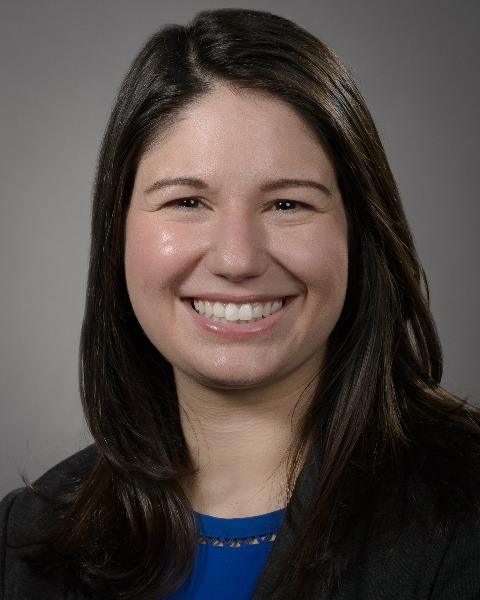Children with Chronic Conditions
Children with Chronic Conditions 3
88 - The Association between Program Satisfaction and Health System Trust among Families Enrolled in a NYS Medicaid Care Management Program
Publication Number: 88.305

Caren Steinway, LMSW MPH (she/her/hers)
Director, Clinical Research; Assistant Professor, Pediatrics
Cohen Children's Medical Center of Northwell Health
Queens, New York, United States
Presenting Author(s)
Background:
: Little has been done to explore health system trust among caregivers of children and youth with special health care needs (CYSHCN). The many needs of CYSHCN have driven the implementation of care management models to coordinate medical, behavioral, and social services. In New York State (NYS), the program is the Health Home Serving Children (HHSC). While care managers often become integral parts of a child’s care team, the impact of this relationship on health system trust is unknown.
Objective: To examine the association between program satisfaction and health system trust among caregivers of children enrolled in the NYS HHSC program at baseline and 6 months after enrollment.
Design/Methods: We conducted a longitudinal cohort study between November 2018 and August 2022. Caregivers of children newly enrolled in NYS HHSC program at one lead HHSC were eligible. Participants completed a 20-minute survey with three measures: health care system trust (9-item revised Health Care System Distrust scale), care manager trust (11-item Modified Trust in Physician Scale, adapted), and HHSC satisfaction (10 items). Demographic information was collected. Relationships between demographic data and outcome variables were described using t-tests, one-way ANOVAs or chi-square tests. Linear regression was used to determine associations between satisfaction with the program, participant trust in their care manager, and trust in the health system. Longitudinal analysis was completed by comparing the mean changes in each aspect between the baseline and 6-months.
Results: 1,646 members were eligible, with 402 (24%) enrolling in the study. The mean age of caregiver participants was 41 years old (range 18-77; SD=9.8) and a majority of responders female (85%). Participants equally identified as Black and White (26%) and 13% identified as Asian. Almost half identified as Hispanic or Latino (46%). English was the most common language spoken at home (53%), followed by Spanish (34%). At baseline, participants had moderate trust in the health system (M=22.2, SD=5.7, range 9-41), strong trust in their care managers (M=41.8, SD=6.2, range 14-55), and were highly satisfied with the program. At six months, there was a significant increase in participant satisfaction with the program. Trust in the health system was positively associated with changes in program satisfaction even after controlling for demographic variables and care manager trust (B=-3.953, p=.006).
Conclusion(s): Future studies should explore the role of care managers in improving trust in the health care system, and its overall impact on health outcomes.
